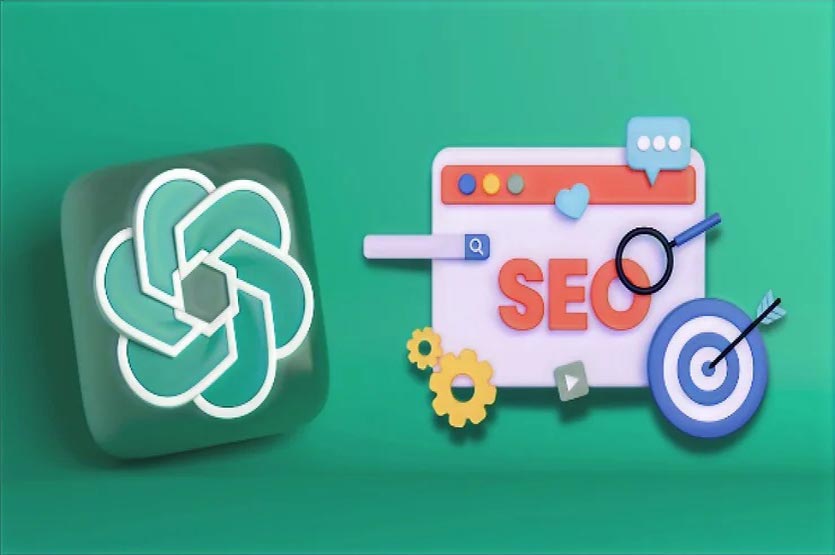Since the launch of ChatGPT in late 2022, there has been an explosion of interest in AI-related tools, especially among marketers. ChatGPT has not only attracted over 100 million users in just a few months, but it has also become a game-changer in the way we approach information retrieval and business strategies. With the advancements in AI chatbots, we are witnessing a paradigm shift in the way people search for information.
For many years, Google Search has been the dominant player in the information retrieval sphere, processing more than 8.5 billion searches daily. Companies have built their businesses around search engine optimization (SEO) and search advertising, and these have been successful strategies. However, the rise of advanced AI chatbots like ChatGPT and the emergence of new tools like Microsoft Bing Chat and Google Bard is starting to reshape the landscape.
These AI-powered tools are highly efficient at accessing information online, providing users with answers directly in the chat interface without the need to open a new tab or navigate away from their current webpage. This is a significant departure from the traditional model where users would sift through search results and click on various websites to find the information they need. It’s not hard to see how this could disrupt the established models of SEO and search advertising, which rely heavily on website visits and clicks to drive revenue.
Microsoft’s new Bing experience, for instance, is a powerful illustration of this shift. It offers an integrated user experience where browsing, searching, and chatting are all bundled into one package. While it’s still early days for the impact of AI on search advertising, it’s clear that we need to prepare for changes that will significantly affect our business model.
With the expected decrease in traffic from informational queries, it’s crucial for businesses to remain relevant in this AI-driven world. This will involve leveraging the advantages of AI for marketing creatives and adjusting your search advertising and overall marketing strategy. To that end, creating high-quality content that provides unique perspectives and covers niche topics from varying angles will be of paramount importance.
Furthermore, we believe that the rise of AI in search will also give rise to a new discipline we call “Chat Integration Optimization”. This involves integrating AI chatbots into websites, picking up the conversation where the search chatbot left off, and continuing to serve the user. Microsoft’s move to integrate ChatGPT into Bing is a clear signal of this trend.
In light of this, websites can now integrate AI chatbots like ChatGPT to continue serving their users. With a WordPress-based website and an account with OpenAI, you can have your very own ChatGPT chatbot built into your website. This chatbot can be customized to meet your specific needs, and with the “Content Aware” option, it can effectively read the page it’s hosted on, allowing users to ask questions about the content without reading it all.
However, it’s important to keep in mind that while the integration of AI chatbots into websites brings many advantages, it also comes with costs. For heavily trafficked sites or users making extensive use of the chatbot, costs can quickly ramp up. Therefore, it’s crucial to set monthly billing limits to avoid unexpected expenses.
As we step into this new era of AI-driven search and interaction, we at GenAI Services stand ready to partner with you. We understand the evolving dynamics and the challenges of this transformation, and our mission is to help you seamlessly transition and thrive in this changing landscape. With our expertise in AI integration and our commitment to service excellence, we are equipped to guide you on this journey, ensuring your business stays relevant, competitive, and innovative.

